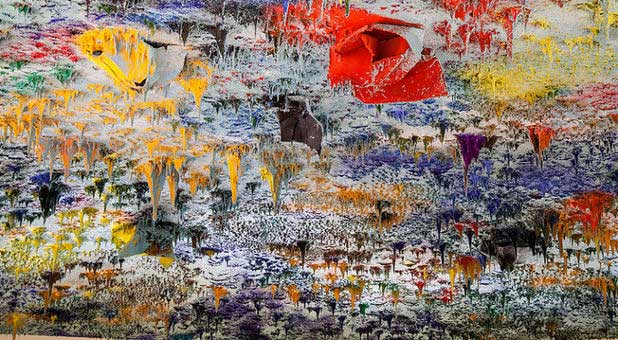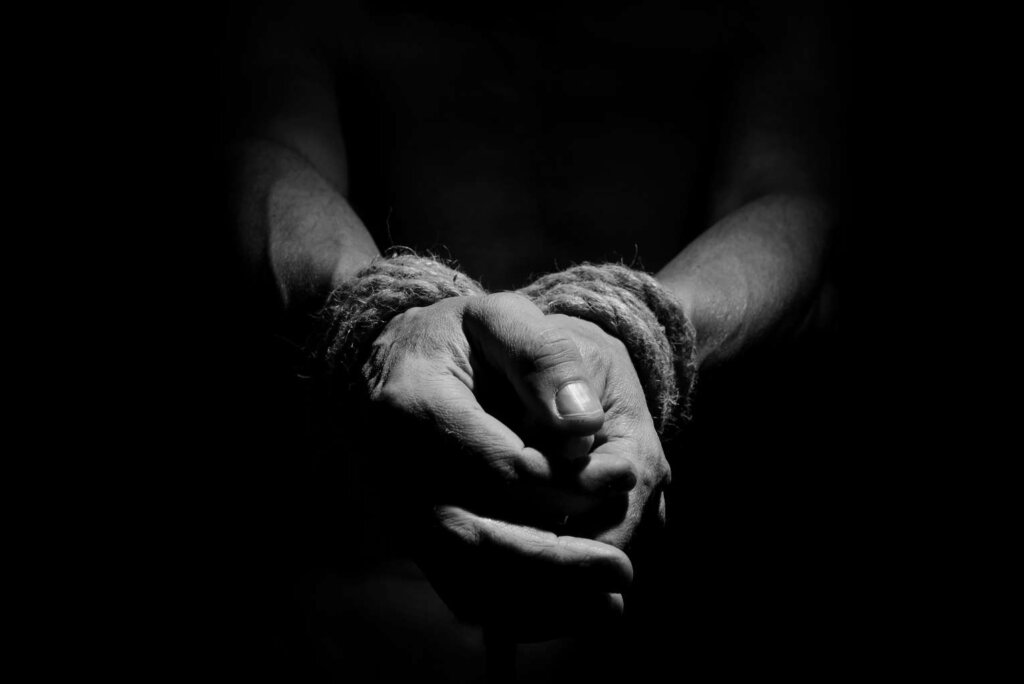Eight of the 47 countries that hold seats on the United Nations Human Rights Council imprisoned people in 2013 under laws that restrict religious freedom, according to a new report from Human Rights Without Frontiers International, a nonprofit advocacy organization based in Belgium.
The eight UNHRC member states on the group’s second annual World Freedom of Religion or Belief Prisoners List, released Monday, are Morocco, China and Saudi Arabia (whose new three-year terms begin Wednesday) and current members India, Indonesia, Kazakhstan, Libya and South Korea.
Hundreds of believers and atheists were imprisoned in these and 16 other countries for exercising religious freedom or freedom of expression rights related to religious issues, according to the report. These rights include the freedom to change religions, share beliefs, object to military service on conscientious grounds, worship, assemble and associate freely. Violations related to religious defamation and blasphemy are also included in the report.
According to the report’s findings from 2013:
- In China, Protestants, Catholics, Buddhists, Muslims and Falun Gong adherents were arrested for proselytizing, holding illegal gatherings, providing religious education classes and publicizing their persecution.
- In Morocco, a convert to Christianity was arrested and fined for “shaking the faith of a Muslim” by sharing his new-found beliefs.
- In Saudi Arabia, 52 Ethiopian Christians were arrested for participating in a private religious service.
- In India, Protestants were arrested for holding private prayer meetings.
- In Indonesia, a Pentecostal pastor was arrested for holding religious services without a valid permit, and an atheist was sentenced to 30 months in prison for starting an atheist Facebook page where he posted the words “God does not exist.”
- In Kazakhstan, an atheist was arrested for allegedly inciting religious hatred in his writings.
- In Libya, foreign missionaries, dozens of Coptic Christians and a Protestant were arrested and allegedly tortured for proselytizing.
- In South Korea, nearly 600 Jehovah’s Witnesses were serving prison sentences for conscientious objection to mandatory military service.
The report designates China, Eritrea, Iran, North Korea and South Korea as countries of particular concern for the highest number of religious freedom prisoners. The U.S. State Department’s latest International Religious Freedom Report includes Saudi Arabia on its list of worst offenders.
“Human Rights Without Frontiers is alarmed by the evolution of the U.N. Human Rights Council which accepts as members an increasing number of countries perpetrating egregious violations of human rights and, in particular, of religious freedom,” the group said in a statement.
The UNHRC replaced the U.N. Commission on Human Rights in 2006, in part “to redress (the Commission’s) shortcoming,” which included granting membership to countries with poor human rights records. The resolution establishing the revamped UNHRC declares that member states “shall uphold the highest standards in the promotion and protection of human rights.”
But that’s not happening, said Willy Fautre, director of Human Rights Without Frontiers.
“Our best wish for the New Year is that these and the other member states of the Human Rights Council may give the good example to other nations of the world by releasing such prisoners of conscience and not depriving any other believer or atheist of their freedom in 2014,” he said in a statement.
Articles 18 and 19 of the Universal Declaration of Human Rights, which the U.N. General Assembly adopted in 1948, explicitly protect freedom of thought, conscience, religion, opinion and expression.
The U.N. General Assembly has the power to suspend the rights of UNHRC members that commit serious human rights violations. Libya became the first and only country to be suspended from the council in 2011 amid the Gaddafi regime’s brutal suppression of protesters. Libya was readmitted to the council eight months later under new leadership.
Copyright 2013 Religion News Service. All rights reserved. No part of this transmission may be distributed or reproduced without written permission.
See an error in this article?
To contact us or to submit an article






















